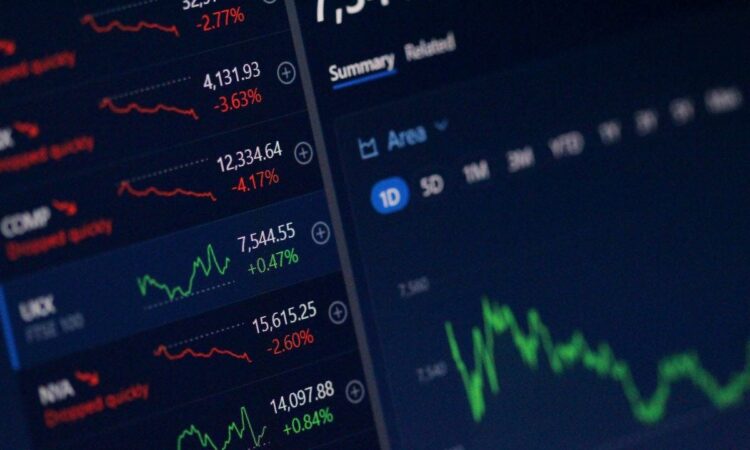
There are various types of fees charged by providers:
- Share trading fee
This is a flat fee charged by the provider each time an investor buys or sells shares. Some providers charge no share trading fee, while others typically charge between £6 to £10 per trade. Providers may also charge lower trading fees for regular traders, usually based on trading a minimum of three shares a month.
Trading fees for funds vary from zero to the same fee as for trading in shares.
- Platform fee
This is an annual fee charged for holding the shares and funds in the share dealing account. Some providers charge no fee, others charge a flat fee and some charge a percentage, typically 0.25% to 0.45% of the value of the portfolio.
These fees will usually be taken out of any cash held on the account or fees can be paid directly by debit card. However, the provider is likely to sell a proportion of investments held in the account as a last resort if fees remain unpaid.
It’s also worth looking at the types of investments that incur a platform fee as some providers charge for holding funds, but not for shares. When a platform fee is charged for holding shares, this may be subject to a maximum cap per year.
There are two types of percentage-based platform fees:
- Tiered fee: this is the most usual type of platform fee whereby different rates are charged on different ‘slices’ of the portfolio. For example, for a portfolio worth £300,000, a 0.45% fee might be charged on the first £250,000, then 0.25% on the next £50,000.
- Non-tiered fee: only one of the providers (Fidelity) charges a non-tiered fee, whereby the same fee is charged across the whole portfolio. For example, for a portfolio worth £300,000, a 0.2% fee might be charged on the whole £300,000.
- Foreign exchange fee
If shares are denominated in a currency other than pounds sterling, the majority of providers charge a foreign exchange fee. This is also referred to as a foreign currency conversion fee and typically varies from 0.5% to 1.5%. Some providers also charge a higher trading fee for non-UK shares.
A small number of providers allow investors to hold their funds in a foreign currency, which enables them to convert it once and use this ‘pot’ for buying and selling shares in the same currency.
- Other fees
Some providers charge other fees, such as inactivity fees and withdrawal fees (for accounts held in a currency other than sterling) and fees for trading by telephone rather than online.
Although not technically a fee, providers can also make money on the buy-sell spread on shares. For example, a share might have a buy-sell spread of 110-113 pence. This means that investors would pay 113 pence to buy a share, and receive 110 pence to sell a share.
Some providers offer more competitive buy-sell spreads than others, and less traded shares, such as FTSE Small Cap companies, typically have wider spreads than FTSE 100 companies.



